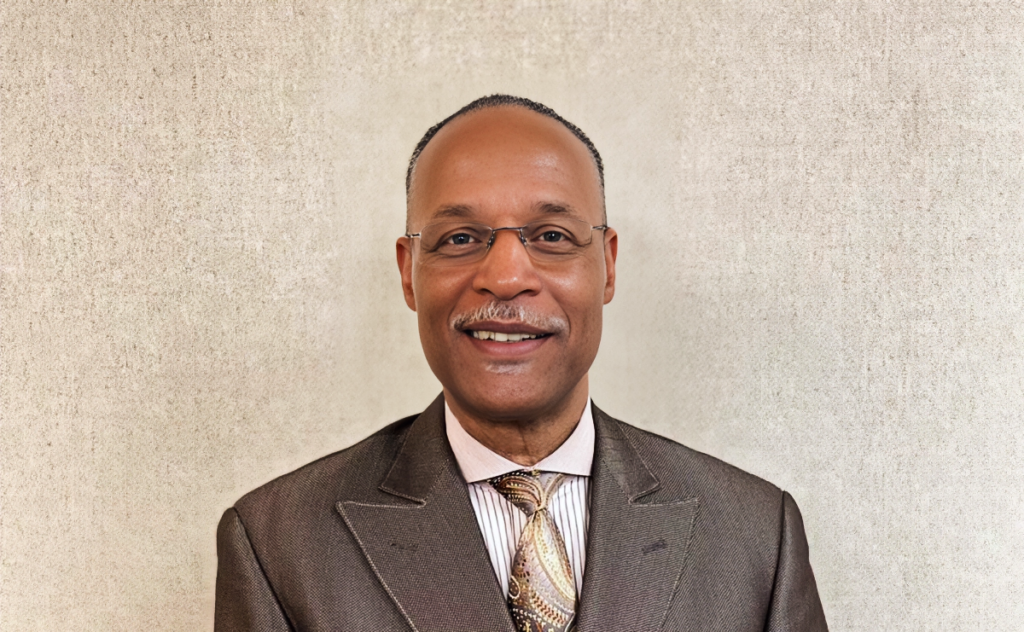It was the end of an era—and perhaps the beginning of another—in Portsmouth politics.
Two former mayors faced off for the First Ward City Council seat, and David Malone decisively defeated Sean Dunne, taking 65% of the vote to Dunne’s 35%.
While council races in Portsmouth are officially nonpartisan, the clash between the two men reflected a deeper divide over what City Council should be: a forum for activism and ideals, or a place for practical governance.
The Progressive vs. The Pragmatist
Dunne, a sociology professor at Shawnee State University, has long been known as one of Portsmouth’s most outspoken and controversial political figures. During his time on council, he championed symbolic legislation—proposals to decriminalize marijuana and to make Portsmouth a “Transgender Sanctuary City”—both of which made headlines but had no legal effect, since state law would have overruled them.
Malone, a former mayor and pastor, ran on a simpler, more traditional message: fix the roads, focus on city services, and stay out of lawsuits.
The Fraternal Order of Police Lodge #33 endorsed Malone early, praising his focus on public safety and cooperation, while notably declining to endorse Dunne, who has spent the past year suing his fellow council members.
The Lawsuit That Overshadowed It All
That lawsuit—Sean Dunne v. Charlotte Gordon, et al.—was filed in Scioto County Common Pleas Court after the January 2024 reorganization meeting where council voted to replace Dunne as mayor with Charlotte Gordon.
Under Portsmouth’s form of government, the mayor isn’t chosen by voters but by fellow council members at the first meeting of the year.
Gordon, Vice Mayor Lyvette Mosely, Joey Sandlin, and Andy Cole voted for Gordon, while Dunne and Dennis Packard voted for Dunne.
Dunne immediately cried foul, alleging that the vote had been coordinated in advance through “round robin” phone calls and Facebook messages that violated Ohio’s Sunshine Laws and Open Meetings Act.
He demanded a do-over and warned his colleagues that their friends and relatives could end up subpoenaed. When they declined, he took the fight to court.
The city has already spent thousands in taxpayer dollars defending the case, recently authorizing another $7,000 transfer from the general fund to the legal fees account—which was already overspent by more than $5,200.
Dunne has framed the lawsuit as a crusade for transparency, saying, “For the public, they want to know what their representatives are thinking. It’s key to having a representative democracy.”
But many saw it as another chapter in a long-running drama that has divided council for years.
The “Come to Jesus” Moment
That drama hit its peak back in January 2024, when Dunne used the council’s invocation to protest his ouster as mayor.
He volunteered to lead the prayer—then launched into a speech about open meetings violations, saying it was time for council to “come to Jesus.”
When other members objected, Dunne claimed his remarks were part of a “religious ritual” and accused the council of violating his freedom of religion by trying to stop him.
Visibly irritated, council members moved on to the Pledge of Allegiance, which Dunne refused to stand for.
Mayor Gordon later told SCDN she saw no wrongdoing in the vote. “The term of mayor is two years,” she said. “He’s still on council and can still participate. I’m sorry this is causing a rift. I really value that we can all work together.”
Gordon and Mosely both rejected Dunne’s claims of backroom deals. “As a woman,” Gordon said at the time, “I’ve been told there’s no seat at the table. And Lyvette, as a Black woman, has heard the same. To even insinuate that we had to cheat to get there is ugly.”
A Polarizing Presence
Elected in 2017, Dunne arrived in Portsmouth from New Jersey by way of Ireland and quickly became one of the city’s most polarizing figures. Admirers called him a reformer who pushed uncomfortable conversations; critics called him a provocateur more interested in grandstanding than governance.
He led efforts to force transparency from local rehab facilities about how many patients came from out of town and how many ended up homeless in Portsmouth. He was also known to clash with the local press—including SCDN—once refusing interviews unless we agreed to cover another story first.
A Bitter Campaign
Heading into the election, Dunne dismissed Malone as “a one-issue candidate” obsessed with road paving, accusing him of misunderstanding city budgets.
“Our city cannot afford to have him making any financial decisions with taxpayer money,” Dunne wrote in a Facebook post shortly before Election Day.
But voters clearly disagreed. Malone’s low-key, service-oriented approach resonated in a year when many residents said they were simply tired of the drama.
What’s Next?
For Malone, the victory marks a return to city government and a chance to steady the ship. For Dunne, it’s the end of his tenure on council—but possibly not his political career.
Political watchers say they wouldn’t be surprised if he reemerges in a future race. Dunne himself often said other council members were content to “rubber-stamp” rather than legislate.
For now, Portsmouth voters seem to have delivered their verdict: less heat, more light.
